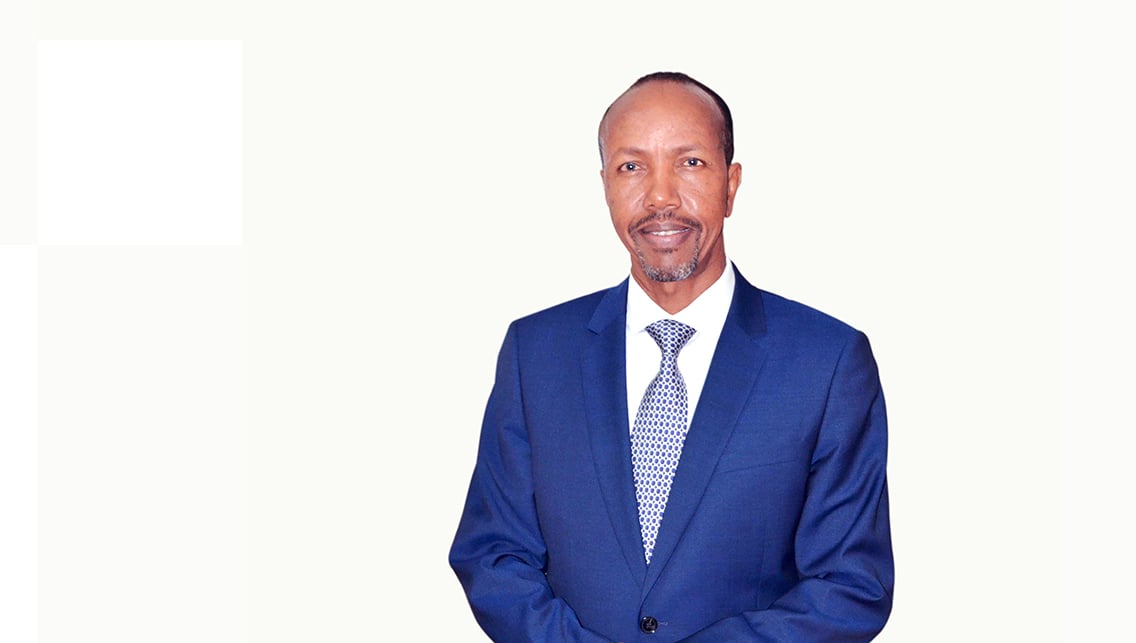


The banking industry in Qatar continues to mature, with a strong focus on financial stability and diversification. The Qatar Central Bank (QCB) plays a crucial role in supporting sustainable economic growth and maintains the dollar peg to ensure stability and transparency in the Qatari economy. The QCB has sought technical assistance from the International Monetary Fund (IMF) on stress testing, highlighting the commitment to robust risk management practices. The Qatari banking system is well-capitalized and resilient, with a modest increase in non-performing loans (NPLs) at 3.8% [74d912dd].
Qatar is actively working towards developing a domestic bond market to diversify financing options and improve access to capital. The Qatar Development Bank provides support to small and medium-sized enterprises (SMEs) through soft loans, contributing to the growth of the private sector. The country has also made progress in the fintech sector and green technology, with strategies in place and advancements in policy, reporting requirements, and risk management [74d912dd].
The upgrade in Qatar International Islamic Bank's (QIIB) credit rating by Fitch further strengthens the stability of the Qatari banking system. Fitch's upgrade reflects the increased ability of support that QIIB can receive from the Qatari Government if needed. QIIB exhibits financial strength, a strong market position, sufficient core capital, good asset quality, strong profitability, and stable funding. QIIB aims to align with the Qatar Central Bank's Third Financial Sector Strategy and contribute to the advancement of the country and society in line with the Qatar National Vision 2030 [46dcfbf1].
Overall, Qatar's banking and financial system demonstrates caution in macro-prudential issues and innovations to deepen and diversify domestic financial instruments and strategies. The focus on financial stability, diversification, and support for SMEs contributes to the country's economic growth and resilience [74d912dd].
In Djibouti, Ahmed Osman Ali, the Central Bank Governor, emphasizes the importance of monetary stability and the benefits it brings to the country. Djibouti has successfully pegged its currency to the US dollar, which has attracted investment and provided stability to forecasts. The country tracks the US Federal Reserve in terms of interest rates. The banking sector in Djibouti is focused on trade financing needs, but there are plans to encourage more lending to the private sector, particularly to support SMEs. Djibouti aims to become a financial center and is positioning itself as an important actor in regional economic bodies. Major infrastructure investments in Djibouti have been financed through external partners, but local banks are becoming more involved. Djibouti's debt has increased due to large infrastructure projects, but the government considers it justified and manageable as the projects are expected to generate wealth and repay the loans [71b406d5].